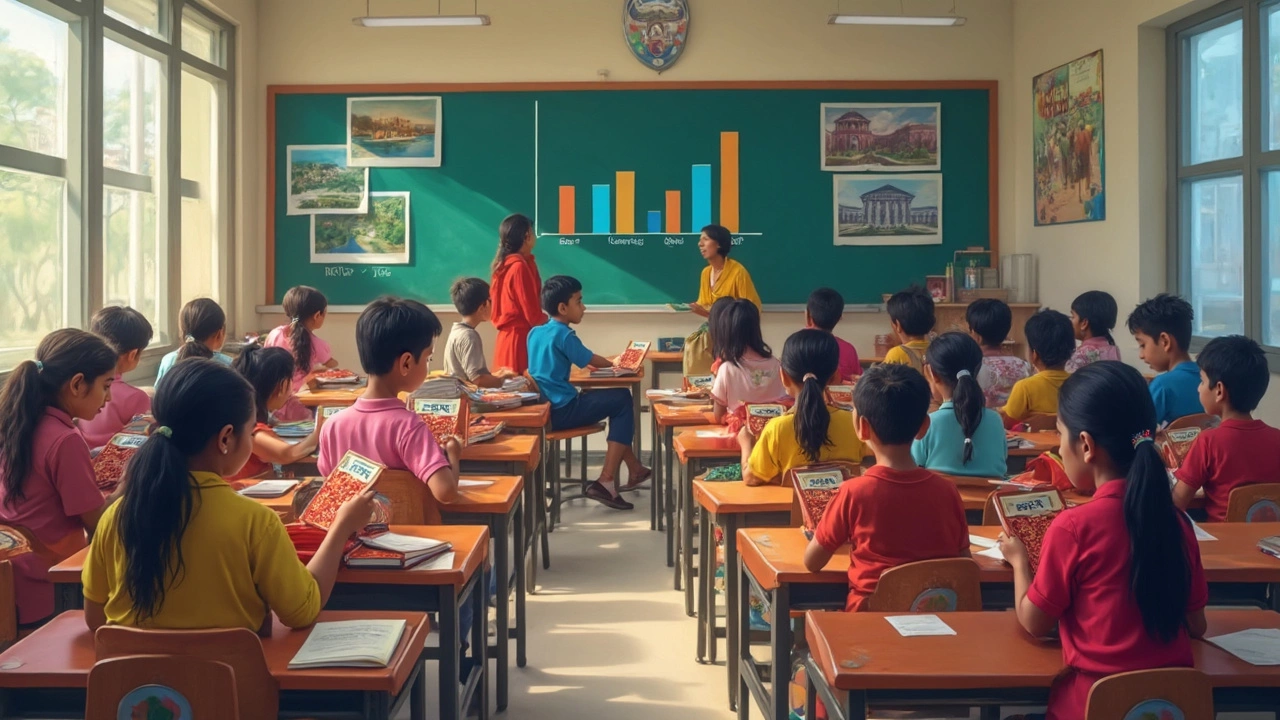International Schools: What Parents and Students Need to Know
When working with International Schools, educational institutions that follow a curriculum recognized across borders and often serve expatriate families. Also known as global schools, they provide a mix of local standards and internationally benchmarked learning. International Schools are more than just fancy buildings; they are hubs where diverse cultures meet, where students can switch from one country to another without losing academic momentum.
One of the biggest decisions is choosing a curriculum. The CBSE, the Central Board of Secondary Education in India is popular among Indian expatriates because it aligns with the Indian higher‑education system and offers a solid foundation in math and science. Meanwhile, the International Baccalaureate (IB), a globally recognized program that emphasizes critical thinking, research, and community service attracts families looking for a holistic approach and smooth entry into universities worldwide. Other options like Cambridge International or American Advanced Placement also appear, but the core idea stays the same: international schools encompass multiple curricula, each with its own assessment style and university pathways.
Quality isn’t just about the syllabus; it’s also about who validates it. Accreditation bodies such as the Council of International Schools (CIS) or the International Baccalaureate Organization set standards for teacher qualifications, facilities, and student outcomes. An accredited school that meets internationally accepted benchmarks can assure parents that the education delivered meets global expectations. The Dubai education system, which blends local regulations with an international outlook is a good case study: it combines strict government oversight with the flexibility to offer CBSE, IB, and British curricula, making it a hotspot for families moving to the Middle East. This example shows that international schools require accreditation, and that accreditation influences student mobility and university acceptance.
Because of these layers—curriculum choice, accreditation, and cultural environment—international schools shape student mobility, university admissions, and long‑term career prospects. In the articles below you’ll find a side‑by‑side CBSE vs Dubai curriculum comparison, deep dives into IB program benefits, tips on selecting the right accreditation, and practical advice for families navigating the global school market. Whether you’re looking for cost‑effective options or elite boarding experiences, the collection offers concrete data, real‑world examples, and actionable steps to help you decide which international school model fits your child’s future.
This article digs into which educational board is the world's most popular, focusing on the CBSE syllabus. You'll discover why parents, students, and schools gravitate toward certain boards, and how CBSE compares with others like ICSE and international options. Learn what makes a board truly popular, what trends are shaping this choice, and handy tips for making the best pick for your education or your kid's. Real stats, surprising facts, and practical advice await inside. It's everything you wondered about global school boards, finally explained.
View More
